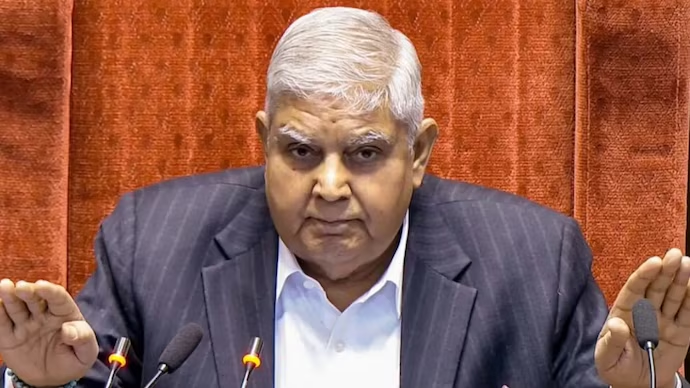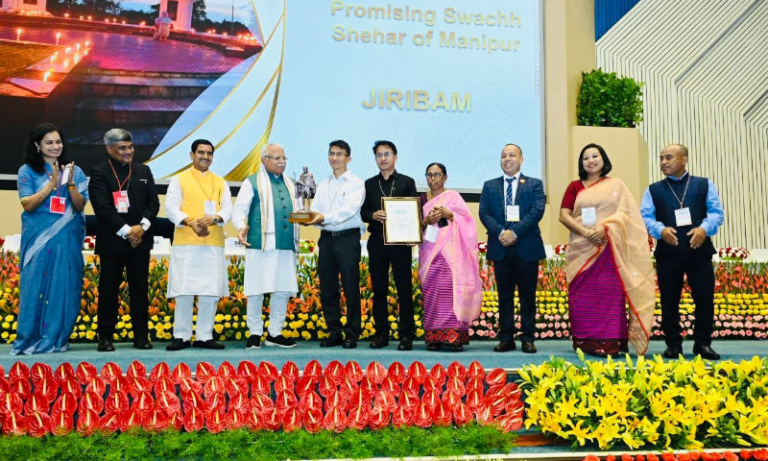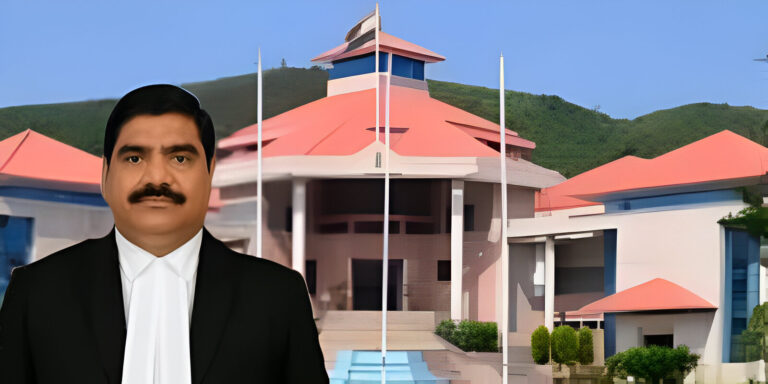Vice President Jagdeep Dhankhar resigns on Day 1 of Monsoon Session, cites health
Short Summary of the News
Vice President Jagdeep Dhankhar has officially resigned from his post citing health reasons. The unexpected move comes amidst speculation about his recent absence from public events. Sources suggest that the Vice President is undergoing treatment for an undisclosed medical condition. His resignation marks a significant political development as discussions begin about his successor and the impact this may have on the ongoing parliamentary proceedings.
🇮🇳 Jagdeep Dhankhar Resigns as Vice President: What It Means for India’s Political Landscape
Introduction: A Sudden Resignation That Shook the Nation
So, you woke up and saw the headline — “Vice President Jagdeep Dhankhar Resigns” — and your first thought was probably, “Wait, what happened?” Well, you’re not alone. The resignation of one of the highest constitutional authorities in India is no small affair. It’s a political earthquake that demands attention.
Let’s peel back the layers and break it down. In this article, we’re going to talk about what led to this decision, the constitutional and political implications, and of course, what happens next.
Health Reasons: The Cited Cause
In official statements, health concerns have been cited as the reason for Dhankhar’s resignation. But what kind of health issues? That’s where things get murky. No specific illness has been made public, but sources close to the Vice President have hinted at persistent complications requiring long-term care.
Think of it like your laptop constantly overheating. It still works, but you know the hard shutdown is coming. The human body? Way more complex, and the job of a Vice President? Far more demanding than we imagine.
FAQs
1. Why did Jagdeep Dhankhar resign as Vice President?
He resigned citing health reasons, though the specifics have not been disclosed publicly.
2. Who will become the next Vice President of India?
The next VP will be elected by members of Parliament through a secret ballot, likely within six months.
3. What happens after a Vice President resigns in India?
The Election Commission schedules a new VP election. In the interim, the Rajya Sabha can be chaired by a senior member.
4. What were Dhankhar’s major contributions as VP?
He was known for strong parliamentary oversight, especially in managing Rajya Sabha sessions and upholding debate decorum.
5. Can the Vice President of India resign anytime?
Yes, the VP can resign at any time by submitting a written resignation to the President of India.





